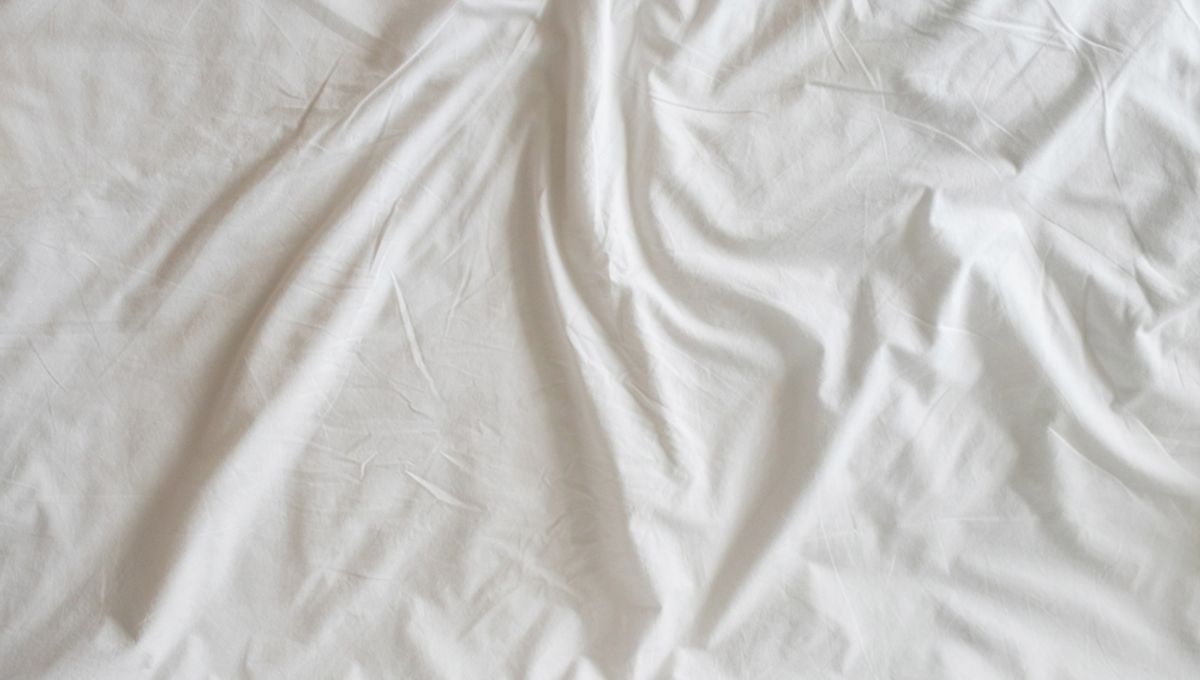
How often do you change your bed sheets? We spend nearly a third of our lives in bed, yet we often don’t treat it with the same hygiene standards as our bathrooms or kitchens.
A survey reported by several outlets, including The Independent, found that nearly half of single men in the UK admitted to washing their bed sheets only once every four months.
A fortnightly sheet wash was found to be the most common in an earlier survey from YouGov, which got us wondering: how often should you wash your bed sheets?
How often should you wash your bed sheets?
The longer we spend wrapped up like a big toasty cinnamon bun in the same set of bed sheets the more they transform into what scientists call an “ideal fungal culture medium”. Our body heat combined with the ~26 gallons of sweat we leak into bed annually, come together to create a paradise for microbes.
In small numbers, these microbes might not be all that bothersome, but as time goes by, they become a bigger problem. For this reason, New York University microbiologist Philip Tierno suggests a weekly wash for your bed sheets.
According to the YouGov survey of UK residents, 33 percent fell into this category. Congratulations, you hard-working washers, you’re reducing the likelihood of cooking up a host of allergens in your pillow kingdom.
What happens if you don’t wash your bed sheets?
Research published in the Journal of Allergy and Clinical Immunology gave beds, among other furniture, the charming nickname “allergen reservoirs” to describe the way in which triggering substances can build up in them. These include animal dander, pollen, mite debris, and – you guessed it – feces.
Mounting allergens can increase a person’s likelihood of developing allergy-related diseases such as asthma, so keeping your bed butt-secretion-free has benefits beyond simply making it less disgusting.
Something for what YouGov termed the “Au Naturels” to consider given they self-reported only washing their sheets every three to seven weeks. They represented 37 percent of participants aged 18 to 24.
Leaving sheets to stew for three weeks or more can increase the likelihood of harmful bacteria colonizing the duvet, including Staphylococcus aureus, which can cause anything from acne to pneumonia. E. coli is another common culprit that if exposed to the wrong body parts, can trigger a urine or chest infection.
Dust mites are another common bed buddy owing to the fact that they like to chow down on human skin cells. Washing sheets again can curb their population numbers but if you’ve not hoovered your mattress in the last two years, it’s worth considering.
Oh, and did we mention that mites can live on your face? Sleep tight.
An earlier version of this story was published in 2022.
Source Link: How Often Do You Really Need To Change Your Bed Sheets?